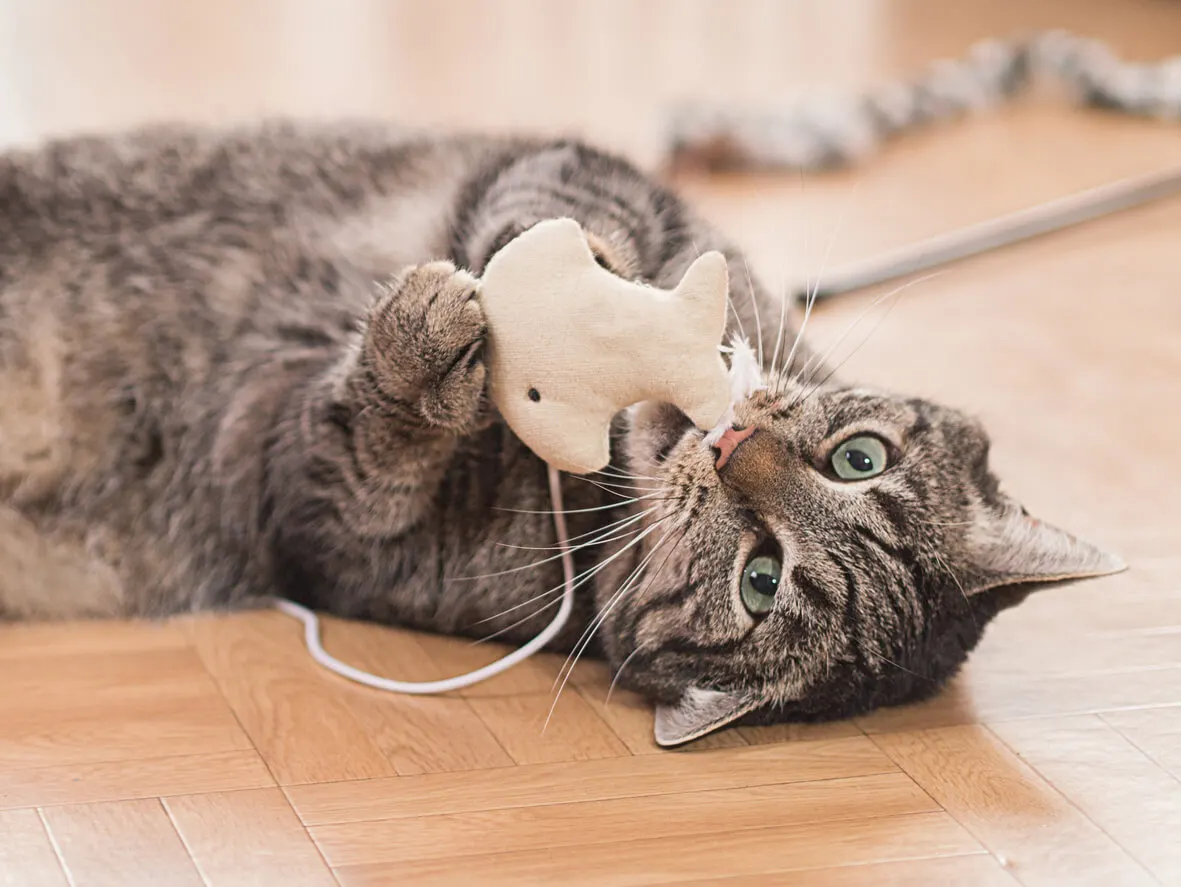10 Stimulating Exercises and Activities against Dementia


Written and verified by the psychologist Maria Fatima Seppi Vinuales
Dementia is characterized by the progressive loss of cognitive abilities, such as memory, comprehension, thinking, and calculation, among others. Some stimulating activities can help in the treatment of dementia, although there’s no definitive cure.
Although it can be very disabling for those who suffer from it, delaying its progression is also an opportunity to improve your overall quality of life, and even to entertain yourself. Let’s take a closer look.
How does dementia affect a person?
Dementia is related to cognitive impairment and the progressive loss of certain abilities linked to memory, language, and thinking. However, it also affects the person’s mood, sense of worth, and self-esteem.
Therefore, we cannot ignore all the subjective and emotional components present in the disease. In turn, individual characteristics, as well as the context, also influence how the disorder is expressed and experienced.
We think you may be interested in reading this, too: What to Eat to Improve Your Memory and Tips to Stimulate Your Brain
Stimulating exercises and activities against dementia
Certain activities are recommended when it comes to taking care of the brain and overall health of a person with dementia. Here they are:
1. Spend some time reading every day
Even if it’s just for a few minutes. If the person gets very tired of reading or has difficulty seeing, there are audio formats, both when it comes to news from the press and books and even well-known podcasts. The key is to promote concentration, attention, and memory.

2. Participate in different games or entertainment
For example, Sudoku, word search, or crossword puzzles work great. To exercise the brain, you can vary the difficulty and perform activities alone or together.
For people who have digital skills, there are also collaborative online games. They allow you to interact and even compete with others.
3. Fill out activity booklets
Related to the previous point, it’s also possible to use cognitive stimulation booklets focused on strengthening different skills. They include thinking and memory exercises such as “write 5 cleaning elements”, and “mention what time the hands of the clock show”, among other things. They can be quite fun and challenging.
4. Talk about memories
If you’re a caretaker, you can show the person a series of photographs and ask them to tell us about the situation, what they were doing, and where they were. In a variant without pictures, you can ask them to tell us about their best memory as a teen, what they did with their friends, and what life was like at the time.
Along the same lines, memory board games are also very useful. Likewise, those that consist of adding a word to what the partner says are great.
5. Sing
It’s very beneficial to sing, since it not only involves selecting a song among several that we know and enjoying music, but also to be able to remember what the lyrics say.
6. Move some objects around and have them find them
If the older adult does not have mobility difficulties, every week, we can suggest changing some everyday objects. For example, if he/she uses a hairbrush, one week leave it in the bedroom closet and in the bathroom another week.
It’s important to agree on this beforehand.
7. Participate in lectures, conferences, and cultural and recreational events
Listening to other people and agreeing or disagreeing with their position is also another way to stay active. There are several cultural agendas in the municipalities that can be consulted.
8. Mix leisure activities with a healthy routine
It isn’t a matter of the person perceiving that he is “playing” or exercising his memory all day long. We must also allow them to feel useful.
So, for example, we can ask them to help us to set the table, calculate the bills to be paid, or the supermarket list. These are simple but necessary tasks.
Like this article? You may also like to read: Sunset Syndrome in the Elderly: How Can it Be Treated?
9. Have a pet
If the dementia is not advanced, taking care of a pet can be very helpful. In addition, the animal functions as a valuable companion.

10. Set aside time for physical exercise every day
This should be done by your abilities without implying any risks. They can be simple activities, such as doing three laps from one room to another or dancing to a complete song.
Help should never be a part of the problem
Apart from the list of suggested activities, it’s important to keep in mind that this is not a checklist that you must comply with. On the contrary, you must adapt them to the person who will be needing them and recognize who we have in front of us.
Sometimes, our inability to accept the aging of our loved ones leads us to demand and pressure them. We then expose them to the frustration and stress of complying with the exercises, even though they’re tired or do not feel like it.
So how can we adapt and find the balance? We can propose different activities for dementia, but with short intervals, so that we don’t exhaust them or prolong the pressure.
On the other hand, it’s recommended to perform one activity at a time and always avoid overstimulation. We must also be patient and respect the time it takes them to complete an activity.
If we’re caregivers, we must learn to manage our own emotions and anxieties. We must involve the patient in choosing what he/she wants to do, facilitating a proactive role, and respecting his/her rights and wishes.
All cited sources were thoroughly reviewed by our team to ensure their quality, reliability, currency, and validity. The bibliography of this article was considered reliable and of academic or scientific accuracy.
- Nascimento, C.M.C., Varela, S., Ayan, C., & Cancela, J.M.. (2016). Efectos del ejercicio físico y pautas básicas para su prescripción en la enfermedad de Alzheimer. Revista Andaluza de Medicina del Deporte, 9(1), 32-40. https://dx.doi.org/10.1016/j.ramd.2015.02.003
- Ayala San Martín, Lorena Soledad. (2020). Promoción y prevención del deterioro cognitivo y demencias en personas mayores. Ene, 14(3), e14304. Epub 05 de abril de 2021. Recuperado en 28 de septiembre de 2022, de http://scielo.isciii.es/scielo.php?script=sci_arttext&pid=S1988-348X2020000300004&lng=es&tlng=es.
This text is provided for informational purposes only and does not replace consultation with a professional. If in doubt, consult your specialist.








